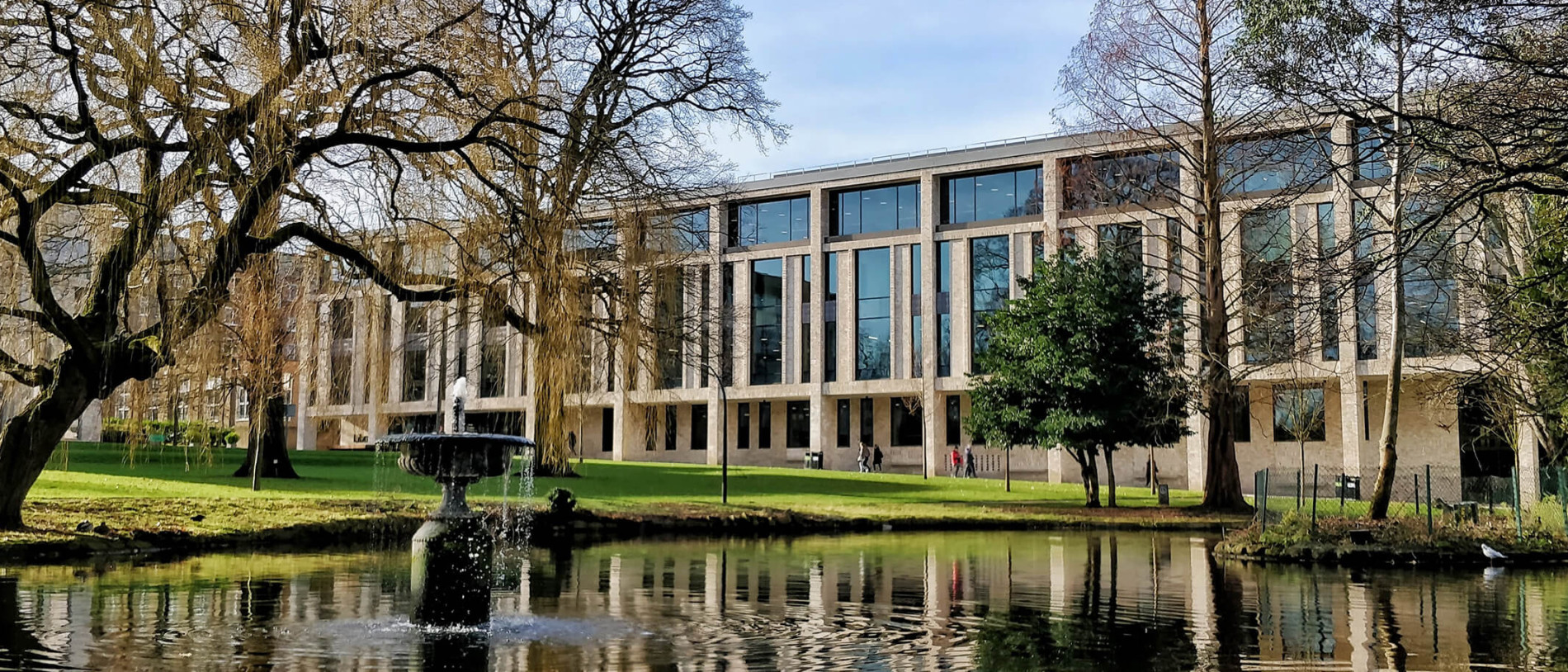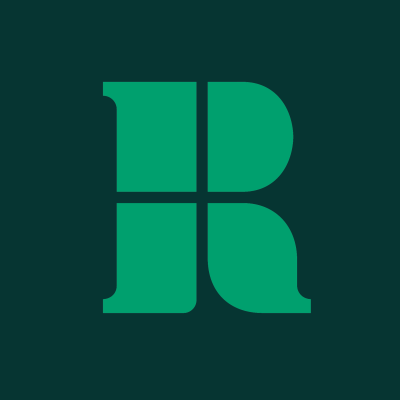

University of Roehampton (London)
Computing and Digital Technologies
Study detals
: Bachelor's degree : BSc (Hons) Computing and Digital Technologies : Full time : 36 MonthRequirements
Entry requirements
Roehampton English Language Test
- Undergraduate degrees - mapped to IELTs scores
TOEFL IBT
- Undergraduate degrees - 80 overall with a minimum of 17 in listening and writing, 18 in reading and 20 in speaking
IELTS Academic
· Undergraduate degrees – 6.0 overall with a minimum 5.5 in each component
Cambridge Advanced Certificate
- Undergraduate degrees – 169 overall with a minimum of 162 in each component
Cambridge Proficiency Certificate
- Undergraduate degrees – 169 overall with a minimum of 162 in each component
All applicants that require a Tier 4 visa must also meet the minimum English Language requirements before we can issue a Certificate of Acceptance for Study (CAS) that is needed to apply for a Tier 4 visa.
Academic requirements
Along with a complete application, EU and international applicants are required to submit various supporting documents. These include:
- Academic qualifications (certificate and transcript)
- Valid English language qualification
- Personal statement
- Two references
Speciality
Pathway International Foundation Programme is available
Degree Duration
- 4 years : Full time with additional placement year
Additional information
Degree Overview
Looking for a comprehensive understanding of computing? Our BSc Computing and Digital Technologies offers students a broad education and is an excellent option for those still undecided about their future career path. Throughout this course, students will gain a full education in computing, with a focus on fundamental skills in programming, systems administration, data, interface design, and cybersecurity. Students will have the opportunity to engage with a variety of roles in IT support, utilising low code/no code techniques to automate business processes. Students will also develop skills in digital media with modules covering digital methods and web design. During their final year project, students will explore usability aspects in computing, data visualization, human user interaction, cyber security, and risk management. Our courses use an active blended learning approach, with lectures are replaced by videos and workshop/seminars, meaning students can engage with the material at their own pace. Our innovative studio-style lab spaces foster collaborative learning, providing students with an environment in which they can feel at home. This course is also designed to prepare students for success upon graduation. Employability is embedded throughout the curriculum, with a focus on both hard (technology-based) and soft skills (supporting).